Gender-based Violence: Who, Where Are The Internally Displaced?
- Par Kimeng Hilton
- 29 oct. 2021 15:10
- 0 Likes
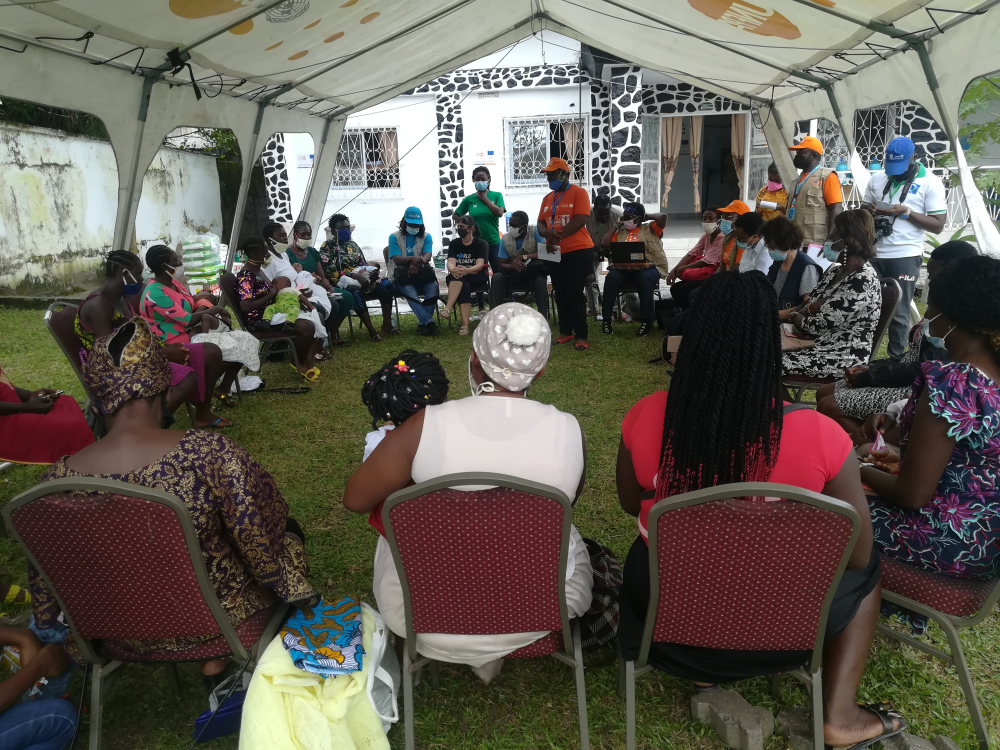
Survivors of the Anglophone Crisis who take refuge in the neighbouring Littoral and West Regions do not often inform the authorities. Moreover, no survey has been carried out to determine their exact numbers. Without which the provision of emergency human
A joint United Nations and European Union team from October 18-22, 2021 toured the Littoral and West Regions. The delegation comprised representatives of the United Nations Population Fund, UNFPA, the United Nations Children’s Fund, UNICEF and the United Nations Office for the Coordination of Humanitarian Activities, OCHA. Others were the United Nations High Commission for Refugees, UNHCR and the European Civil Protection and Humanitarian Aid Operations, ECHO - the European Union’s emergency agency.
The first objective of the trip was to assess the impact of UNFPA’s ECHO-supported project running from December 2020-April 2022. That seeks to assist Gender-based Violence, GBV survivors of the armed conflict in the North West and South West Regions. The visit was also to identify potential synergies and complementarities between the newly approved UNICEF project and UNFPA’s project. Also financed by ECHO, UNICEF’s project will focus on child protection, education and Water, Sanitation and Hygiene, WASH activities.
The delegation learnt that one of the most recurrent issues is sorting out the displaced. And knowing how many they are in the Littoral and West Regions. “It is difficult to say the exact number of displaced people in Douala and in the Littoral Region in general. Most IDPs do not report to the authorities when they arrive and prefer to live with relatives in anonymity,” Littoral Governor, Samuel Dieudonne Ivaha Diboua, told the delegation.
“Some only spend a few days in Douala and then move on to other towns in Littoral. Or to other French-speaking regions. Local administrative authorities have tried to carry out head counts of IDPs in Douala, but the results fell far short of reality,” the Governor revealed.
“The number of IDPs in Bafoussam keeps rising by the day,” a State social worker in the West Region told us. “Getting information on them is not easy because they suspect everyone,” he continued. “This is why it is so difficult to get correct statistics on the number of displaced women and young girls in Bafoussam,” the social worker said with regret.
Cet article complet est réservé aux abonnés
Déjà abonné ? Identifiez-vous >
Accédez en illimité à Cameroon Tribune Digital à partir de 26250 FCFA
Je M'abonne1 minute suffit pour vous abonner à Cameroon Tribune Digital !
- Votre numéro spécial cameroon-tribune en version numérique
- Des encarts
- Des appels d'offres exclusives
- D'avant-première (accès 24h avant la publication)
- Des éditions consultables sur tous supports (smartphone, tablettes, PC)






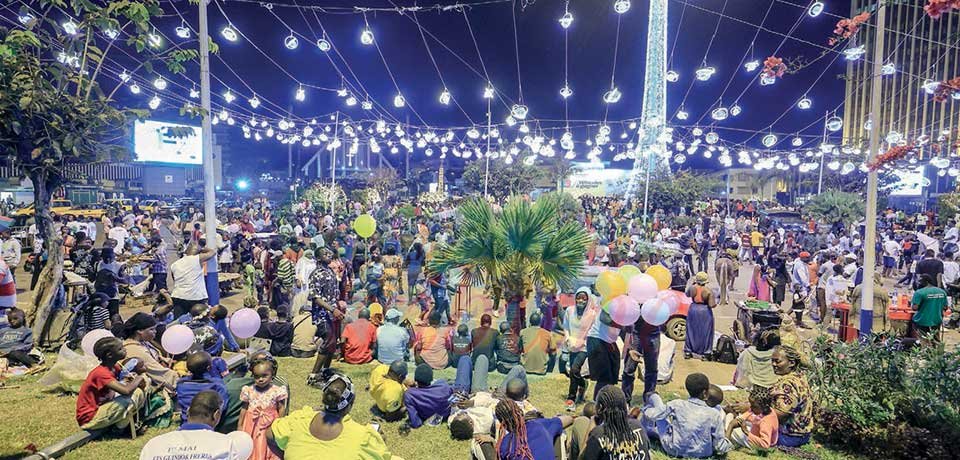
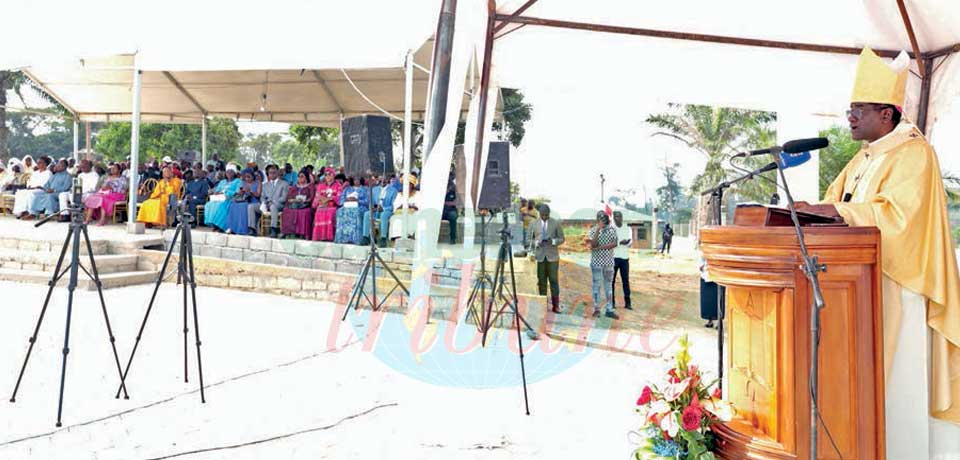
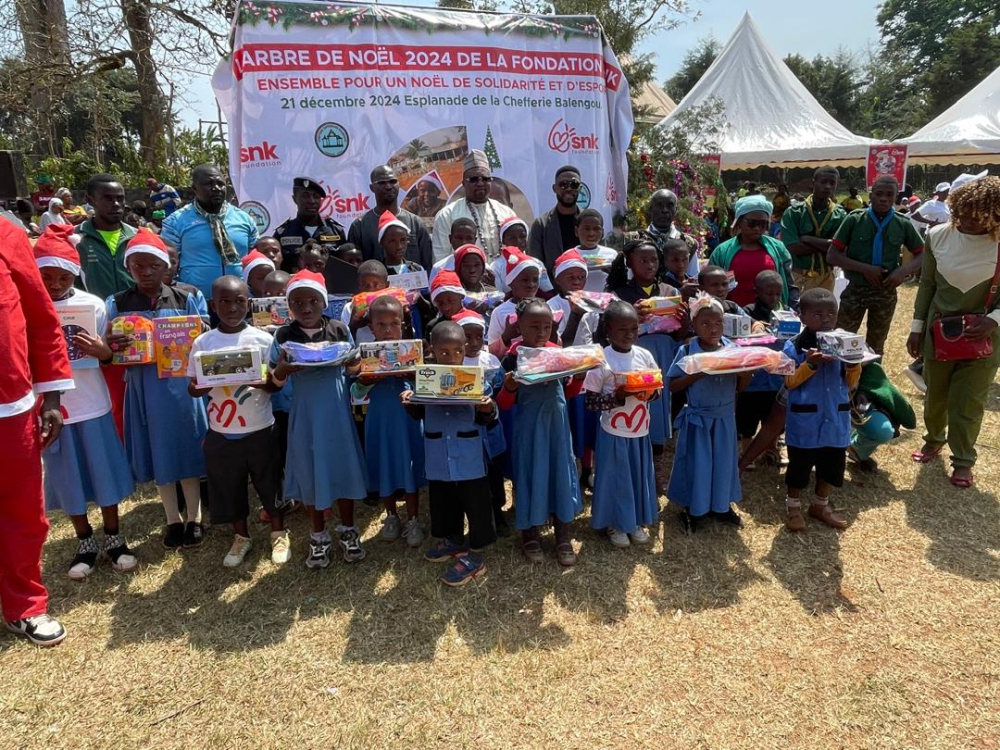
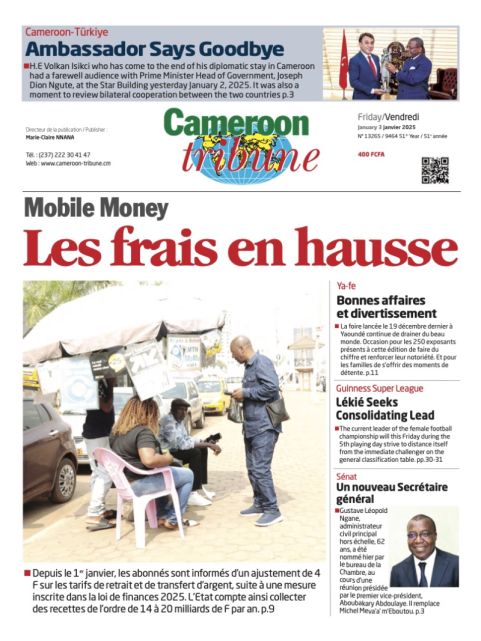




Commentaires